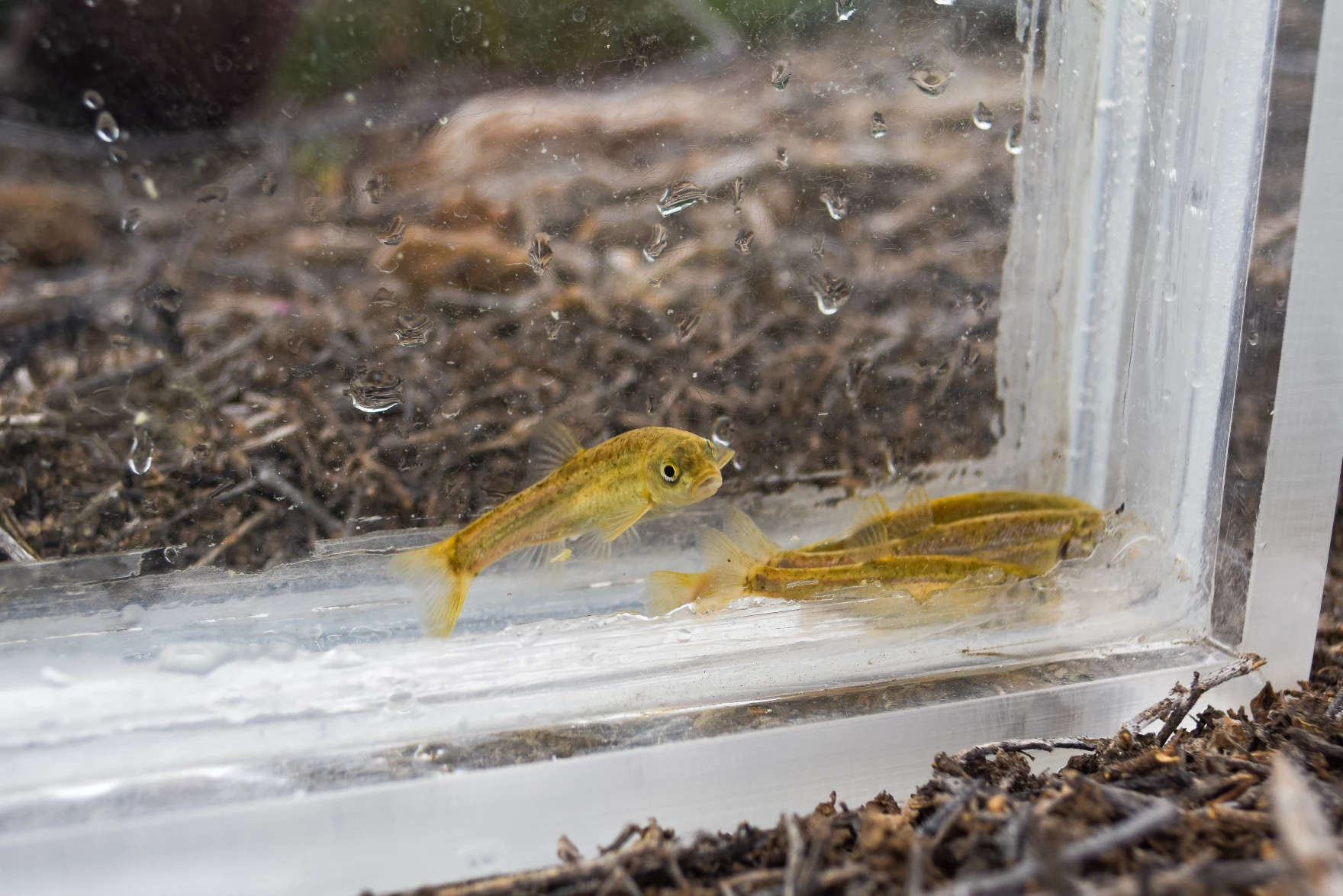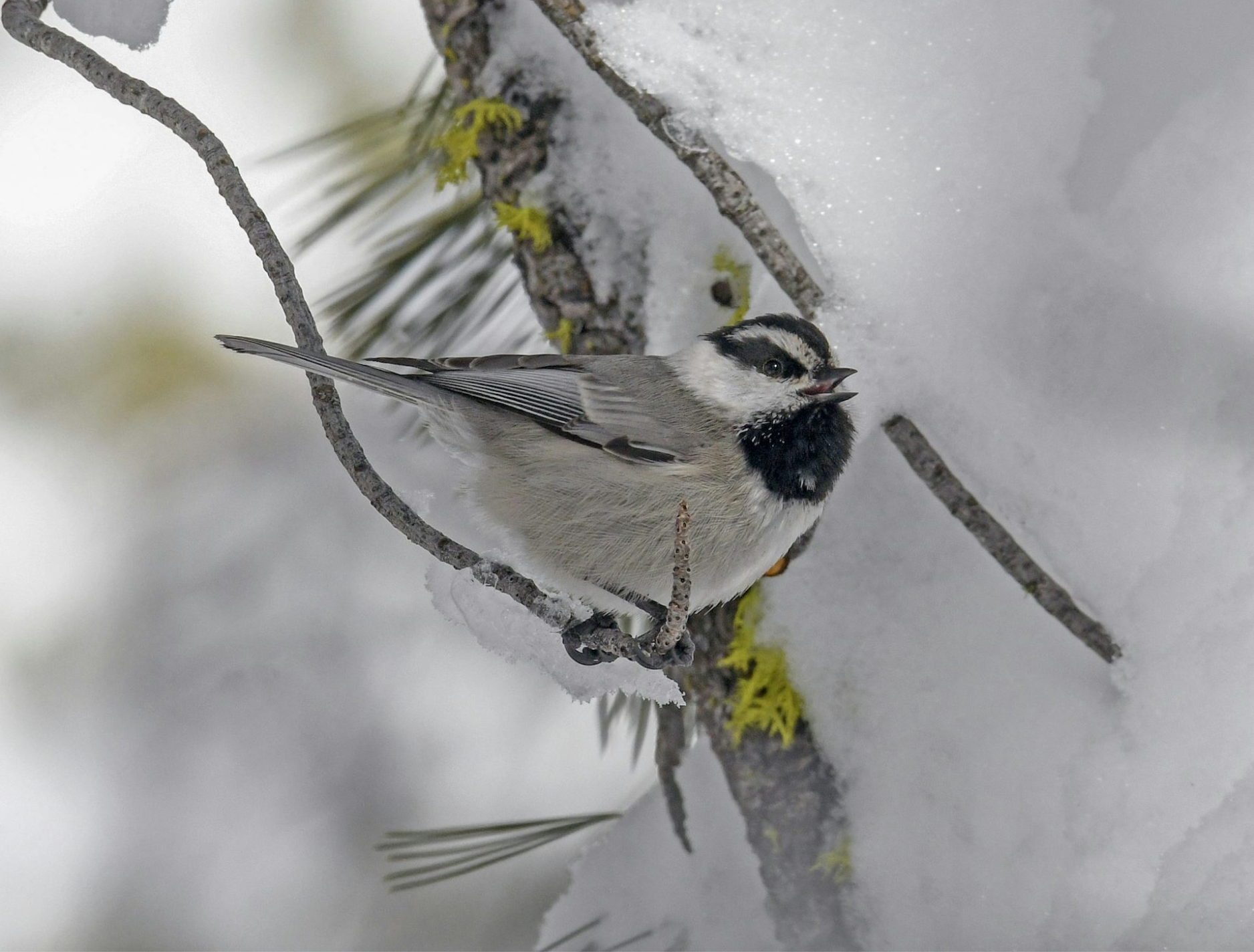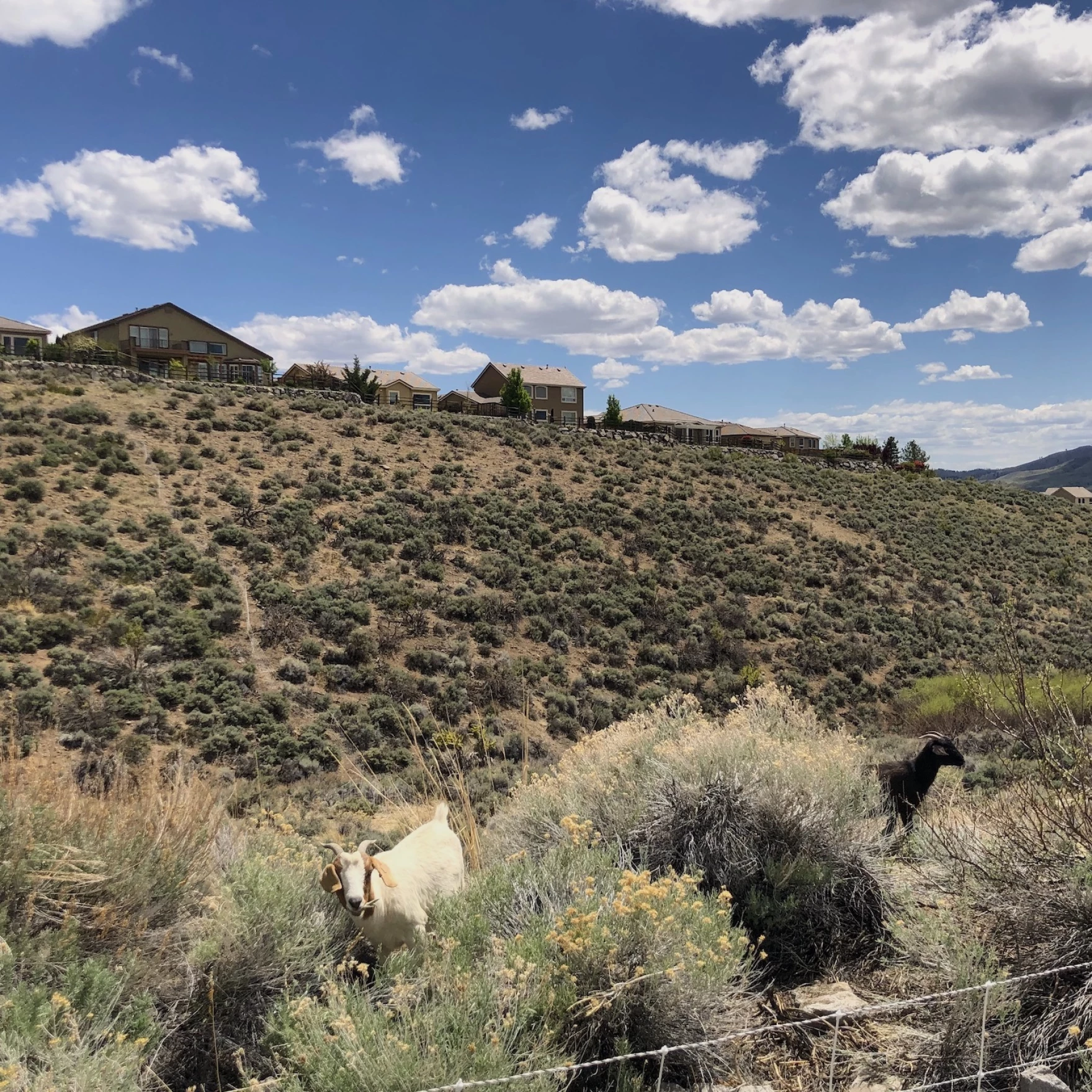This story was shared with permission from KUNR Public Radio. For an audio version of the story, please visit the KUNR website.
A small freshwater fish may be listed under the Endangered Species Act, according to a proposal submitted on Aug. 7 by the U.S. Fish and Wildlife Service (FWS). The FWS is seeking public comment to determine its protection status.
The Long Valley Speckled Dace is a small desert fish native to the Long Valley Caldera in California’s Eastern Sierra. Often less than eight centimeters in length, the fish have adapted to living in warm springs, due to the volcanic activity in the area.
The subspecies of speckled dace previously lived in about seven locations across the valley. Now there is only one wild population in Whitmore Marsh near the town of Mammoth Lakes. There is also a population that was transferred from a refuge in Bishop to the Inyo National Forest, which is being monitored.

The FWS said the fish is endangered due to various threats leading to a small population size. These include disease, invasive fish, recreation, geothermal development and climate change. But they aren’t certain which of these threats is the primary cause.
“One of the main indicators that these impacts were playing a negative role were that the number of Long Valley Speckled Dace populations had been reduced from those seven historical sites in the Long Valley Caldera to just the one population in Whitmore,” said Sam Luginbuhl, a fish and wildlife biologist for the FWS Reno office.
She said that subspecies are important in conservation as they can help preserve biodiversity and show historical patterns of movement in populations. She added that the fish is also unique in where it lives.
“It’s a really neat little fish the way it exists in kind of like geothermal waters, where not a lot of other fish thrive,” Luginbuhl said.
According to Luginbuhl, the 60 day public comment period is important for gaining new information about the fish, especially because there has not been a lot of research done on the subspecies thus far. The comment period closes on Oct. 7, 2024.
Sydney Peerman is the 2024 summer intern for KUNR and the Hitchcock Project for Visualizing Science.






